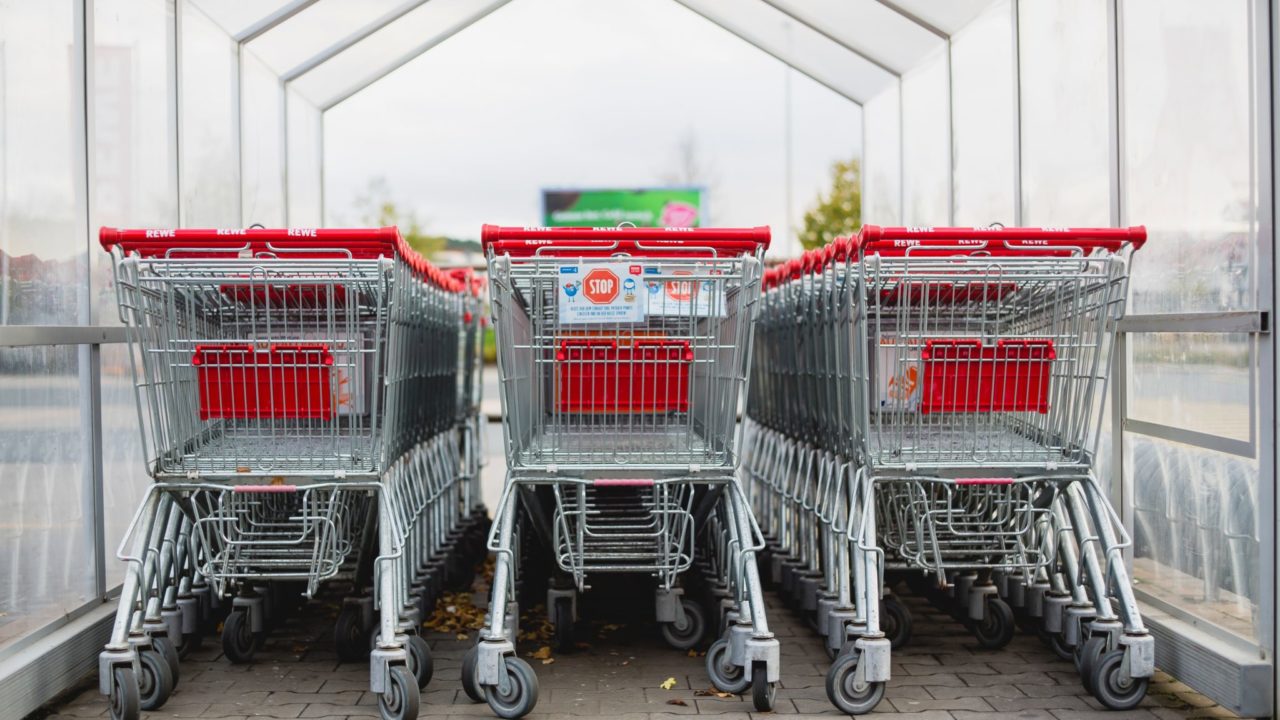The 6.7% rise in the price of food and non-alcoholic drink in the UK has been described as “very sobering” by the chief executive of the Food and Drink Federation (FDF), Karen Betts.
The Office for National Statistics today (May 18), released the latest inflationary figures for the UK, showing that the rate of inflation increased to 9% in April, the highest in 40 years.
The FDF said that the 6.7% rise in food and drink commodities is slightly more than food manufacturers had feared, but added that they will work hard to avoid passing on these increases to consumers.
In its Food Prices Report published last July, the FDF predicted an annual increase of £160 in food and drink shopping bills per household, as a result of additional costs to the industry from the UK government.
However, due to high inflation rates, this prediction has proven to be below what customers are experiencing. Speaking about the increases, Betts said:
“This is a very worrying time for many households, and food and drink businesses are continuing to do everything they can to contain food price inflation.
“However, the pressures on both large and small businesses are immense. Ingredient price rises have been relentless for more than a year now, as a result of pressures in the global supply chain caused by the COVID-19 pandemic.”
Betts added that these pressures were severely exacerbated by the war in Ukraine, with both Ukraine and Russia being important suppliers of commodities like wheat and food oils, as well as energy and fertiliser.
She outlined that over 60% of food and drink manufacturers have reported that energy price rises have impacted their operations. In addition to this, labour shortages and wage increases are also squeezing businesses.
“It is vital the industry and government work hand-in-hand to ensure the cost of doing business is kept as low as possible.
“For instance minimising the costs of existing and new regulation, and with a view to responding to shortages in supply in as agile a way as possible,” she concluded.

